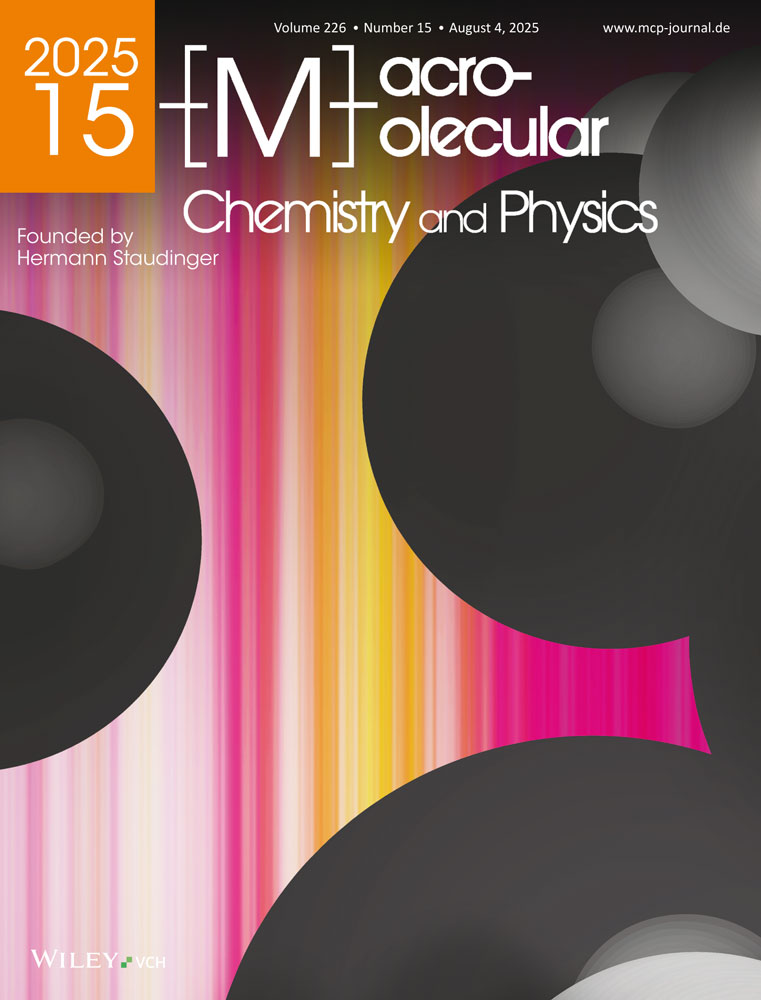Electroinitiated cationic polymerization of propylene sulfide
Abstract
enThe electroinitiated cationic polymerization of propylene sulfide in 1,2-dichloroethane solvent has been investigated between 30 and 60°C. The polymerization once initiated by a fast pulse of high intensity current goes to high conversion. The kinetics of monomer consumption linearly depends on both supplied charge and monomer concentration thus allowing an easy determination of the specific propagation rates. The molecular weights of the obtained poly(propylene sulfide) are relatively high and depend on the conversion, on the charge amount initially furnished to the system, and on the reaction temperature.
Abstract
deEswurde die elektroinitiierte, kationische Polymerisation des Propylensulfids in Dichloräthan-Lösung im Temperaturbereich von 30 bis 60°C untersucht. Dabei wurde festgestellt, daß dieses System bis zu hohen Umsätzen polymerisiert, wenn erst einmal die Reaktion durch einen schnellen Stromstoß hoher Intensität gestartet ist. Die Kinetik des Propylensulfidverbrauchs hängt linear von der dem System am Beginn zugeführten Ladungsmenge und der Konzentration des Monomeren ab und erlaubt eine einfache Bestimmung der spezifischen Wachstumsgeschwindigkeit. Die Molekulargewichte der hergestellten Polymeren sind relativ hoch und hängen vom Monomerumsatz, von der Ladungsmenge, welche dem polymerisierenden System anfangs zugeführt wurde, und von der Reaktionstemperatur ab.




